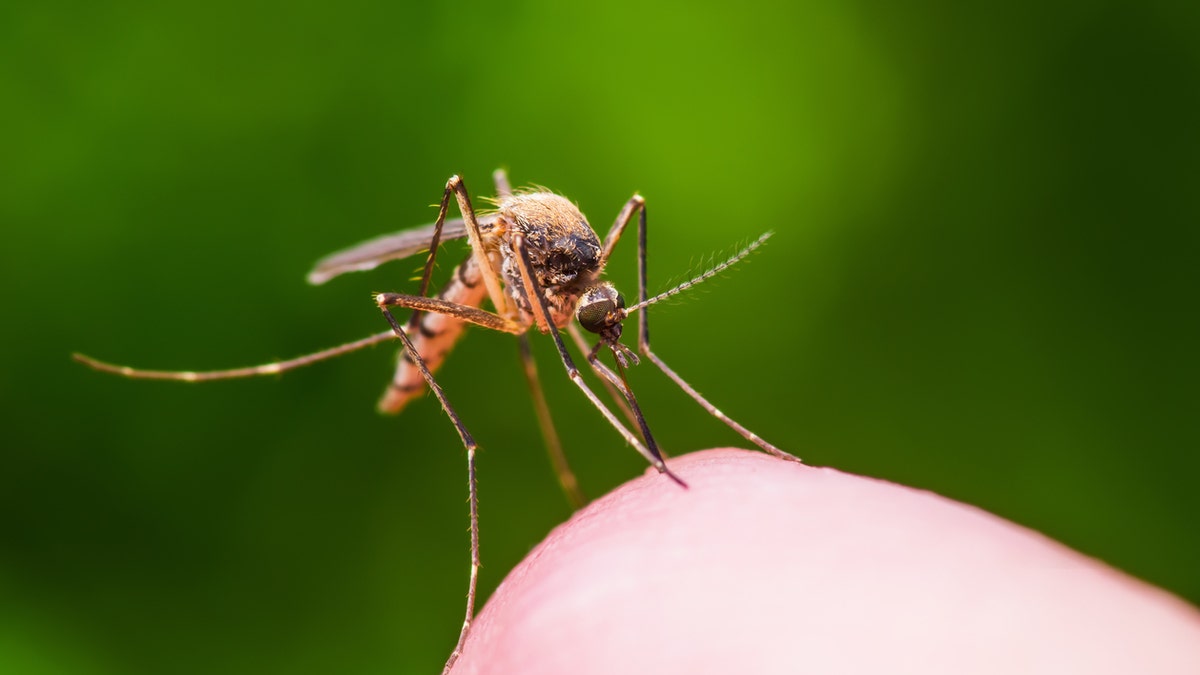Can mosquitoes carry COVID-19 and infect another person?
Dr. Manny Alvarez answers if mosquitoes can be a carrier of coronavirus and transmit the illness to another person
Looking beyond the search for a malaria vaccine, one team of researchers is testing whether a vaccine made of mosquito spit proteins can invoke an immune response, which could in turn protect against all mosquito-borne pathogens.
The results from a Phase I trial showed a form of the vaccine was safe and triggered an antibody response in recipients.
This study tested for immune response to mosquito spit proteins but it did not involve pathogens, according to Reuters. Therefore, additional trials are needed to determine the effect of the mosquito spit vaccine against pathogens.
The findings were published on Thursday in The Lancet. Dr. Jessica Manning, overseas clinical researcher for the U.S. National Institute of Allergy and Infectious Diseases, and her colleagues led the study.
FLORIDA, SOUTH CAROLINA CORONAVIRUS FIGURES ARE THE STATES' HIGHEST YET FOR A SINGLE DAY
While scientists have known that mosquito spit can establish and amplify mosquito-borne infections, they are only just starting to exploit this, according to Reuters. While all vaccines target pathogens, this trial targets the vector, or a living organism like a mosquito.
Researchers examined Anopheles gambiae, a species of mosquito considered to be one of the major culprits in the spread of malaria. In 2018, there were approximately 228 million cases of malaria worldwide, causing about 405,000 deaths, according to the Centers for Disease Control and Prevention [CDC]. Additionally, there are about 2,000 cases of malaria in the U.S. every year, most of which occur among travelers.

If the vaccine goes according to plan, it would protect against mosquito-borne diseases (iStock).
NEW MEXICO SEES FIRST HUMAN WEST NILE CASE OF THE YEAR
In the double-blind study, 49 healthy participants were enrolled at the National Institutes of Health Clinical Center in Bethesda, Md.
If the vaccine goes according to plan, it would protect against all mosquito-borne diseases, like malaria, dengue, chikungunya, Zika, yellow fever, West Nile, Mayaro viruses and more, according to Reuters.
“We need more innovative tools,” Manning told Reuters, calling the potential vaccine “the Holy Grail.”









































